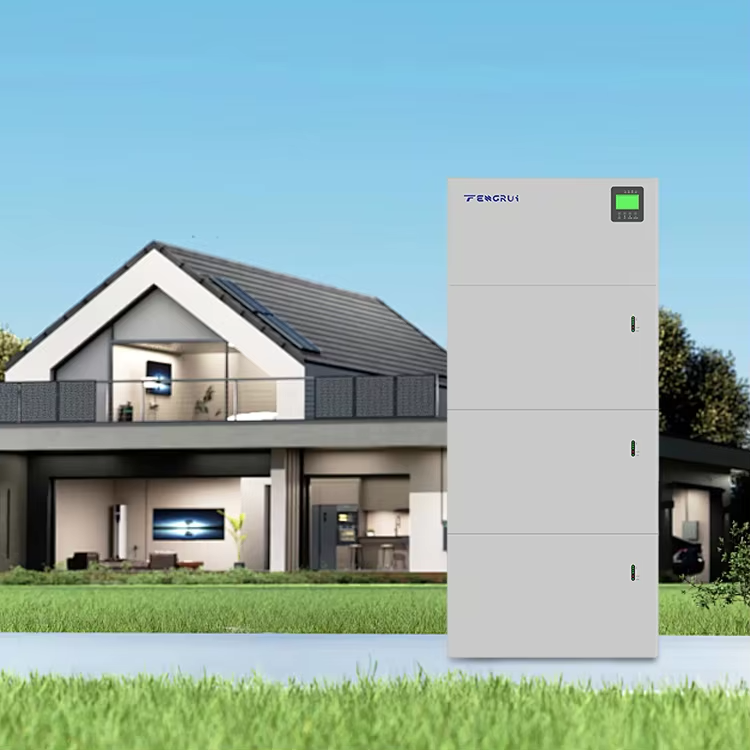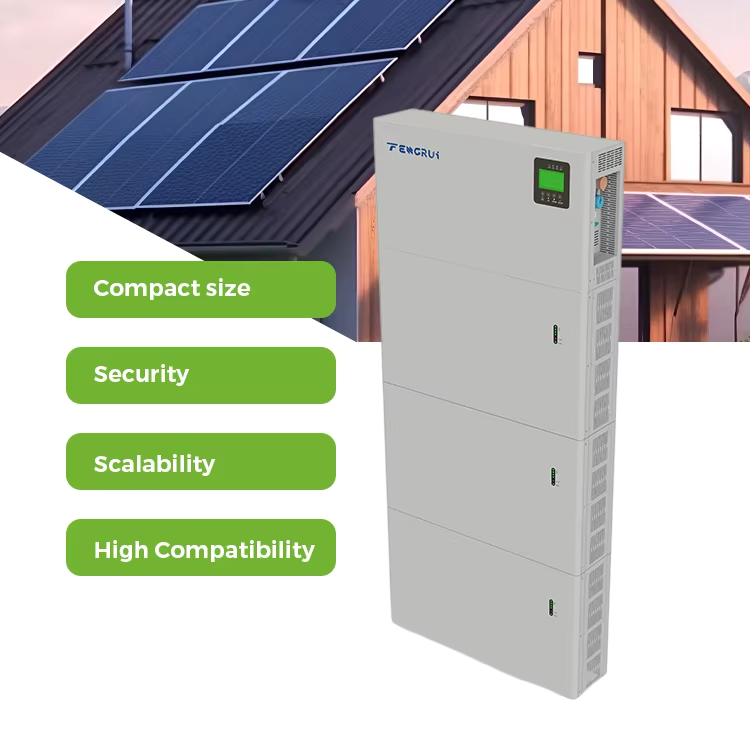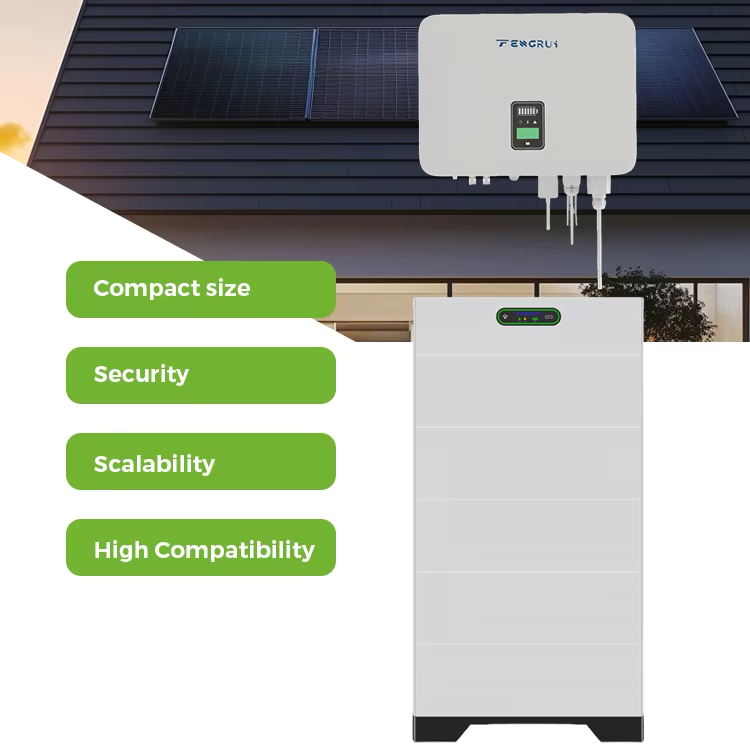residential power storage
Residential power storage systems represent a revolutionary advancement in home energy management, offering homeowners unprecedented control over their electricity consumption and costs. These systems consist of advanced battery technology, typically lithium-ion batteries, coupled with sophisticated power management systems that can store excess energy from various sources, including solar panels and the grid. The primary function of residential power storage is to capture and store electricity during off-peak hours or periods of excess generation, making it available for use during peak demand times or power outages. These systems integrate seamlessly with existing home electrical systems and can be monitored and controlled through user-friendly mobile applications. They typically feature intelligent energy management algorithms that optimize charging and discharging cycles based on household consumption patterns, electricity rates, and grid conditions. Modern residential storage systems also incorporate safety features such as thermal management, overcharge protection, and emergency shutdown capabilities. With scalable capacity options ranging from 5kWh to 20kWh or more, these systems can be customized to meet varying household energy needs, whether for backup power during outages, maximizing solar energy utilization, or reducing peak-time electricity costs.


